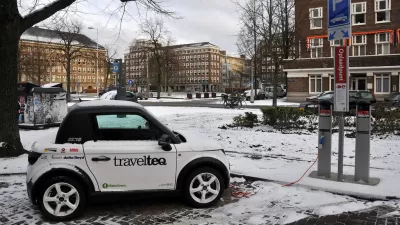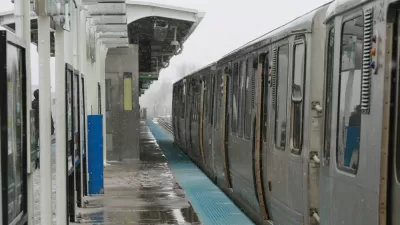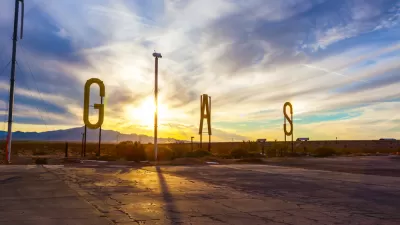There are several practical reasons people will soon be switching to plugin electrical vehicles. Judging from past examples, the shift in consumer preference will be swift and decisive, catching car manufacturers by surprise.

The everyday practical reasons to choose a plugin electric car over a gas powered car are already here. However, consumer demand for them have been underwhelming. Consumer awareness of electric vehicle advantages lags, believes San Diego land use attorney Bill Adams, using his own learning curve as an example. Much of the public is still under the impression that owning an electric vehicle is an exercise in paying more and getting less to save the climate. He predicts that consumer knowledge about the practical non-environmental advantages of purchasing an electric car will soon result in a swift and massive switch in consumer preference from gas to electric vehicles. Practical benefits include:
1) Convenience: Forget about gas stations—fuel up at home at night. Quick charging at charge stations for long trips is improving.
2) Fuel Cost: Charging up is cheaper than fueling up.
3) Reliability and maintenance cost: Fewer moving parts mean fewer repairs and less maintenance.
4) Performance: Electric vehicles have superior torque and no transmission gear change delays.
5) Tax credits and rebates: For new vehicle purchases, buyers get a $7,500 tax credit, and in California, a $2,500 rebate ($4,000 for people with income up to 3 x poverty level).
6) Infrastructure: Charging stations are relatively easy and cheap to build compared to gas stations.
7) Inevitability: The global conversion is inevitable, which itself will drive demand as consumers will not want to purchase new vehicles that will become obsolete.
For more details, see the source article.

Alabama: Trump Terminates Settlements for Black Communities Harmed By Raw Sewage
Trump deemed the landmark civil rights agreement “illegal DEI and environmental justice policy.”

Planetizen Federal Action Tracker
A weekly monitor of how Trump’s orders and actions are impacting planners and planning in America.

Why Should We Subsidize Public Transportation?
Many public transit agencies face financial stress due to rising costs, declining fare revenue, and declining subsidies. Transit advocates must provide a strong business case for increasing public transit funding.

Understanding Road Diets
An explainer from Momentum highlights the advantages of reducing vehicle lanes in favor of more bike, transit, and pedestrian infrastructure.

New California Law Regulates Warehouse Pollution
A new law tightens building and emissions regulations for large distribution warehouses to mitigate air pollution and traffic in surrounding communities.

Phoenix Announces Opening Date for Light Rail Extension
The South Central extension will connect South Phoenix to downtown and other major hubs starting on June 7.
Urban Design for Planners 1: Software Tools
This six-course series explores essential urban design concepts using open source software and equips planners with the tools they need to participate fully in the urban design process.
Planning for Universal Design
Learn the tools for implementing Universal Design in planning regulations.
Caltrans
Smith Gee Studio
Institute for Housing and Urban Development Studies (IHS)
City of Grandview
Harvard GSD Executive Education
Toledo-Lucas County Plan Commissions
Salt Lake City
NYU Wagner Graduate School of Public Service





























